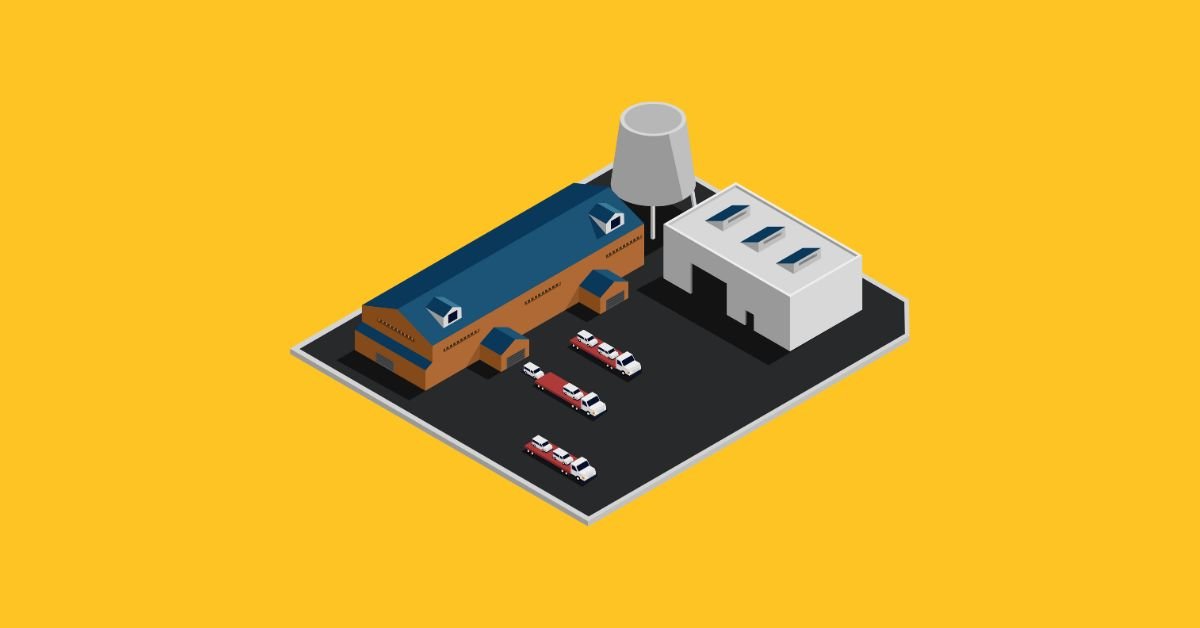The Importance of Website Developers in Cross-Platform Compatibility
In today’s digital age, a strong online presence is crucial for businesses to succeed. A website acts as the face of a company, providing information and engaging with customers. However, with the rise of different devices and platforms, ensuring that a website functions seamlessly across all platforms has become a significant challenge. This is where website developers who specialize in cross-platform compatibility come into play. In this article, we will explore the importance of website developers in cross-platform compatibility and discuss frequently asked questions related to this topic.
What is Cross-Platform Compatibility?
Cross-platform compatibility refers to the ability of a website to function and display correctly on various devices and platforms, such as desktop computers, laptops, tablets, and smartphones, regardless of the operating system or browser being used. It involves creating a website that adapts to different screen sizes, resolutions, and input methods, providing an optimal user experience across all platforms.
Why is Cross-Platform Compatibility Important?
1. Wider Reach: With the growing number of devices and platforms, ensuring cross-platform compatibility allows businesses to reach a larger audience. By making a website accessible and functional on multiple devices, businesses can engage with potential customers who use different platforms, thereby increasing their reach and potential customer base.
2. Enhanced User Experience: User experience plays a vital role in the success of a website. If a website is not optimized for a particular platform, users may encounter issues such as distorted layouts, broken functionalities, or slow loading times. This can lead to frustration and a negative perception of the brand. A website developer specialized in cross-platform compatibility ensures that the website provides a seamless and intuitive user experience regardless of the device or platform used, resulting in increased user satisfaction and engagement.
3. Improved SEO Performance: Search engine optimization (SEO) is essential for a website to rank higher in search engine results. Google and other search engines consider mobile-friendliness as a ranking factor. A website that is not cross-platform compatible may experience lower search engine rankings, resulting in decreased visibility and organic traffic. Website developers who understand cross-platform compatibility can optimize a website for search engines, ensuring better visibility and improved SEO performance.
4. Cost-Effectiveness: Developing and maintaining separate websites or applications for different platforms can be a costly affair. Cross-platform compatibility allows businesses to save time, effort, and resources by having a single website that works across all platforms. This eliminates the need for multiple development processes and reduces the overall development and maintenance costs.
5. Future-Proofing: Technology is constantly evolving, and new devices and platforms are regularly introduced into the market. Website developers specialized in cross-platform compatibility stay updated with the latest trends and technologies, ensuring that websites remain compatible with future platforms. This future-proofing approach ensures that businesses can adapt and remain relevant in the ever-changing digital landscape.
Frequently Asked Questions (FAQs):
Q1. Can’t I just use responsive design to achieve cross-platform compatibility?
A1. While responsive design is an important aspect of cross-platform compatibility, it alone may not be sufficient. Responsive design focuses on adapting the layout and content of a website to different screen sizes. However, cross-platform compatibility involves more than just responsiveness. It includes considerations such as optimizing performance, user interface, and functionality specific to different platforms.
Q2. How do website developers ensure cross-platform compatibility?
A2. Website developers specialized in cross-platform compatibility employ various techniques and strategies. They leverage responsive design principles, use flexible layouts, optimize images and media, test websites on different devices and platforms, and ensure compatibility with various browsers and operating systems. They also keep up with industry standards and best practices to ensure the highest level of compatibility.
Q3. Is cross-platform compatibility only important for e-commerce websites?
A3. No, cross-platform compatibility is essential for all types of websites, regardless of their purpose. Whether it is an e-commerce website, a corporate website, a blog, or a portfolio website, ensuring cross-platform compatibility is crucial to provide a seamless user experience and reach a wider audience.
Q4. Can I achieve cross-platform compatibility without a website developer?
A4. While there are tools and platforms available that claim to simplify cross-platform compatibility, achieving optimal results without the expertise of a website developer can be challenging. Website developers bring a deep understanding of different platforms, technologies, and user behaviors, allowing them to create customized solutions that cater to specific business needs.
In conclusion, website developers specialized in cross-platform compatibility play a vital role in ensuring that websites function seamlessly across various devices and platforms. By focusing on wider reach, enhanced user experience, improved SEO performance, cost-effectiveness, and future-proofing, these developers help businesses stay relevant and competitive in the digital landscape. Investing in cross-platform compatibility is essential for businesses looking to establish a strong online presence and engage effectively with their target audience.




